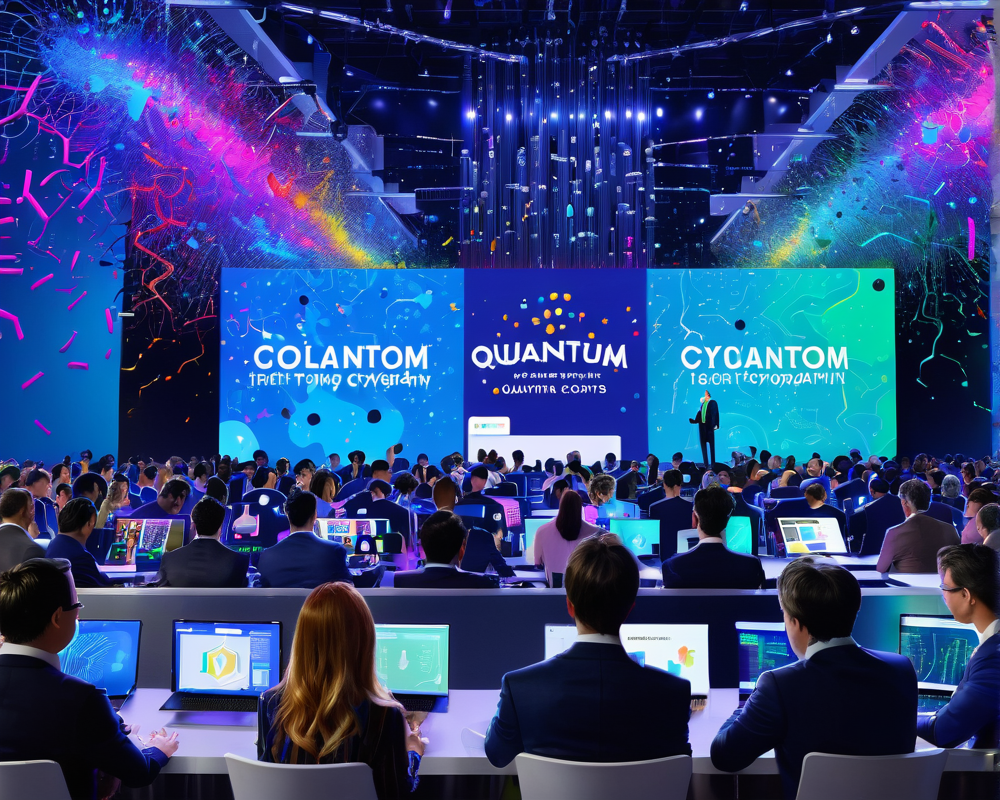In a groundbreaking move amidst the hair-raising world of cybersecurity, IBM Quantum and Microsoft, alongside MITRE and other notable players, have decided to join forces to tackle the exciting but daunting universe of post-quantum cryptography (PQC). Spoiler alert: this is not just another tech summit; it’s a coalition aimed at turbocharging the adoption of cryptographic methods that’s ready to face the might of future quantum computers.
Why Post-Quantum Cryptography Matters
Quantum computers are the kitchen sink of computational power. They could theoretically sweep away everything we know about cryptography and leave us scrambling to reassemble our digital lives. Current encryption methods, like the classic RSA, rely on complex mathematical problems that would take forever to crack—300 trillion years, give or take a trillion. But enter a sufficiently advanced quantum computer, and suddenly, cracking those codes could take mere days or even hours!
The Players of the PQC Coalition
This isn’t just an exclusive tech club; the PQC Coalition encompasses a crew of cybersecurity experts and academic leaders: from MITRE’s research might to the cryptographic expertise of UK-based PQShield, the innovative spirit of Google’s SandboxAQ, and the brainpower of the University of Waterloo. Together, they aim to create a community that wildly accelerates PQC in the realms of commercial and open-source technology.
What’s at Stake?
- Blockchain and cryptocurrencies are particularly susceptible to quantum decryption.
- Theoretical quantum computers with massive capabilities could destabilize critical infrastructures.
- Expectation management is key; we don’t yet know when we’ll be under quantum attack!
The Race for Standards
The rapid pace of quantum technology has created a parallel race to establish post-quantum encryption standards. In 2022, the National Institute of Standards and Technology (NIST) chose four candidates—CRYSTALS-Kyber, CRYSTALS-Dilithium, SPHINCS+, and Falcon—for PQC standardization. As of August 2023, three of these algorithms have been accepted, sparking hope and urgency across all sectors that rely on secure communications.
What’s Next?
The accepted algorithms mark the beginning of the coalition’s grand mission: to integrate these robust algorithms into the machinery of essential sectors. Industries like government, finance, telecommunications, and transportation must now pivot towards quantum-safe encryption before quantum computers become a bigger threat. Imagine trying to lock your doors with a code that a thief could crack in seconds!
Conclusion: The Cybersecurity Future
As the PQC Coalition kicks into high gear, it reminds us that in the world of cyber safety, it’s better to be proactive than reactive. With quantum computers looming on the horizon, it’s critical that we arm ourselves with not just any technology, but one that’s been fortified against potential quantum threats. Who knew cryptography could feel like a superhero movie plot?




